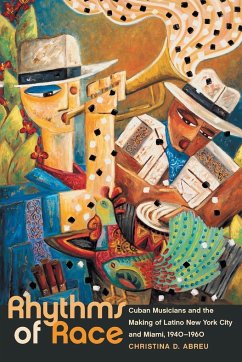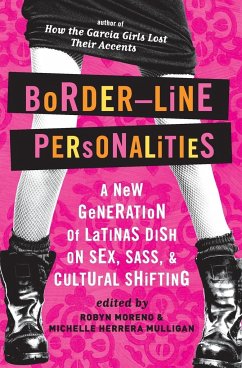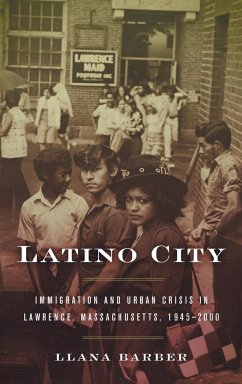During World War II, unprecedented employment avenues opened up for women and minorities in U.S. defense industries at the same time that massive population shifts and the war challenged Americans to rethink notions of race. At this extraordinary historical moment, Mexican American women found new means to exercise control over their lives in the home, workplace, and nation. In From Coveralls to Zoot Suits, Elizabeth R. Escobedo explores how, as war workers and volunteers, dance hostesses and zoot suiters, respectable young ladies and rebellious daughters, these young women used wartime conditions to serve the United States in its time of need and to pursue their own desires. But even after the war, as Escobedo shows, Mexican American women had to continue challenging workplace inequities and confronting family and communal resistance to their broadening public presence. Highlighting seldom heard voices of the "Greatest Generation," Escobedo examines these contradictions within Mexican families and their communities, exploring the impact of youth culture, outside employment, and family relations on the lives of women whose home-front experiences and everyday life choices would fundamentally alter the history of a generation.
Hinweis: Dieser Artikel kann nur an eine deutsche Lieferadresse ausgeliefert werden.
Hinweis: Dieser Artikel kann nur an eine deutsche Lieferadresse ausgeliefert werden.








